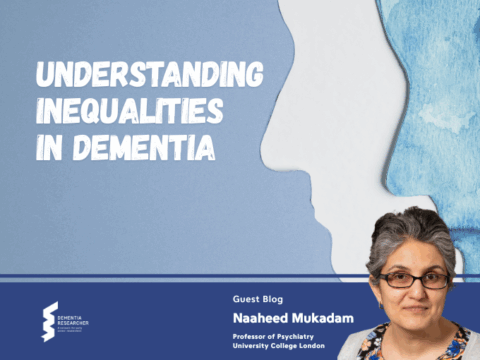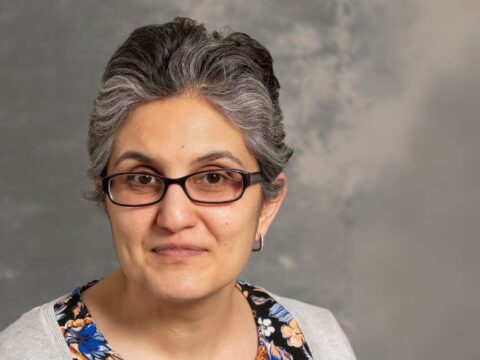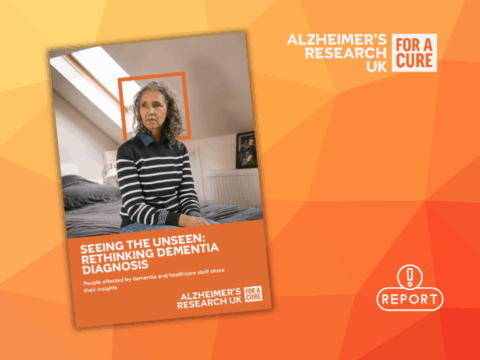
Professor Paul Whiting
Name:
Professor Paul Whiting
Job Title:
Chief Scientific Officer, Alzheimer’s Research UK UCL Drug Discovery Institute; Group Leader, Dementia Research Institute at UCL
Place of work / study:
University College London
Area of Research:
Dementia – drug discovery and basic research
How is your work funded:
Alzheimer’s Research UK; Dementia Research Institute
Tell us a little about yourself:
I obtained a first class honours degree from the University of Leeds, followed by a PhD at the University of London. Then moved to the Salk Institute for Biological Studies in San Diego for my postdoc, before joining the Neuroscience Research Centre, Merck Research Laboratories, where I moved from lab scientist to Head of Molecular and Cellular Neurosciences.
I joined Pfizer in 2006, and in 2008 helped establish the new Pfizer Regenerative Medicine research unit in Cambridge UK, leading the small molecule and cell therapy programs. In 2011 the regenerative medicine activities were incorporated into Pfizer Neusentis, where I was Head of Molecular and Cellular Biology until October 2015 when I moved to UCL Institute of Neurology to become the Chief Scientific Officer for the Alzheimer’s Research UK UCL Drug Discovery Institute.
My scientific contributions span from ion channel neurobiology, the biology of schizophrenia, pluripotent stem cell based disease modelling through to neurodegenerative diseases. I have over 160 publications on the structure, function and neurobiology of nicotinic acetylcholine receptors, GABA-A receptors and NMDA glutamate receptors in health and disease.
I have also published a series of papers on the role of the schizophrenia gene DISC1 in neuronal function. More recently I have lead efforts to utilise induced pluripotent stem cell approaches for disease modelling and drug discovery, leading to a series of papers in 2012-2018, and ongoing. While at Pfizer Regenerative Medicine/Pfizer Neusentis I co-lead the collaborative team responsible for the development of a human embryonic stem cell based therapy for macular degeneration, which successfully treated tow patients in a phase 1 clinical trial.
In my current role as CSO of the Alzheimer’s Research UK Drug Discovery Institute at UCL I lead a team of medicinal chemists, assay development/pharmacology scientists, and neurobiologists who are charged with the goal of developing new therapies for neurodegenerative diseases. We have a portfolio of projects (both phenotypic screen based and molecular target based) developed in collaboration with researchers at UCL, and beyond. I co-founded a start-up company AstronauTx, which is developing new therapies for dementia
Tell us a fun fact about yourself:
I was on the children’s TV show Blue Peter when I was 6 years old.
Why did you choose to work in dementia?
The huge unmet medical need, and the great science environment at UCL to enable our work to find treatments

 Print This Post
Print This Post




